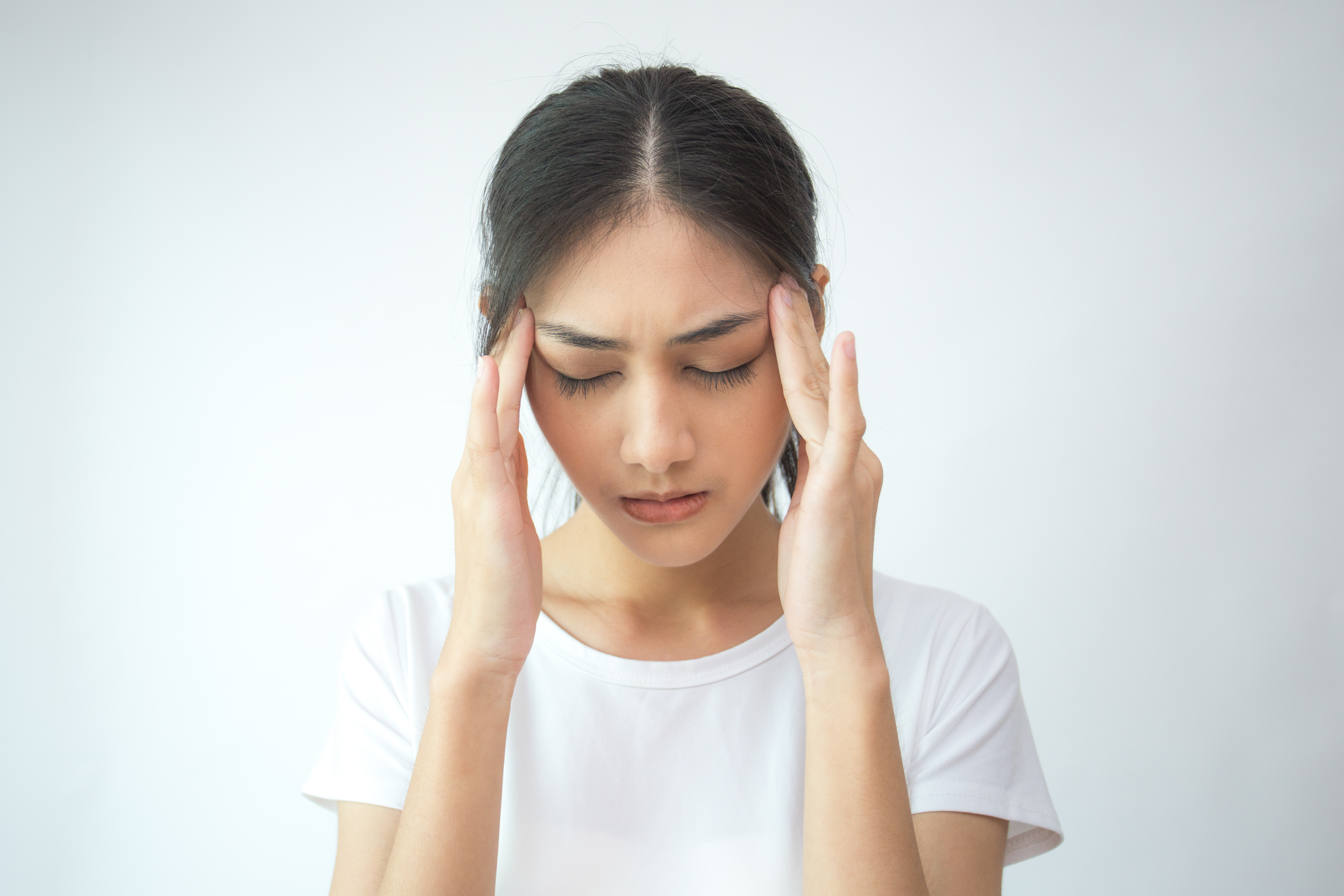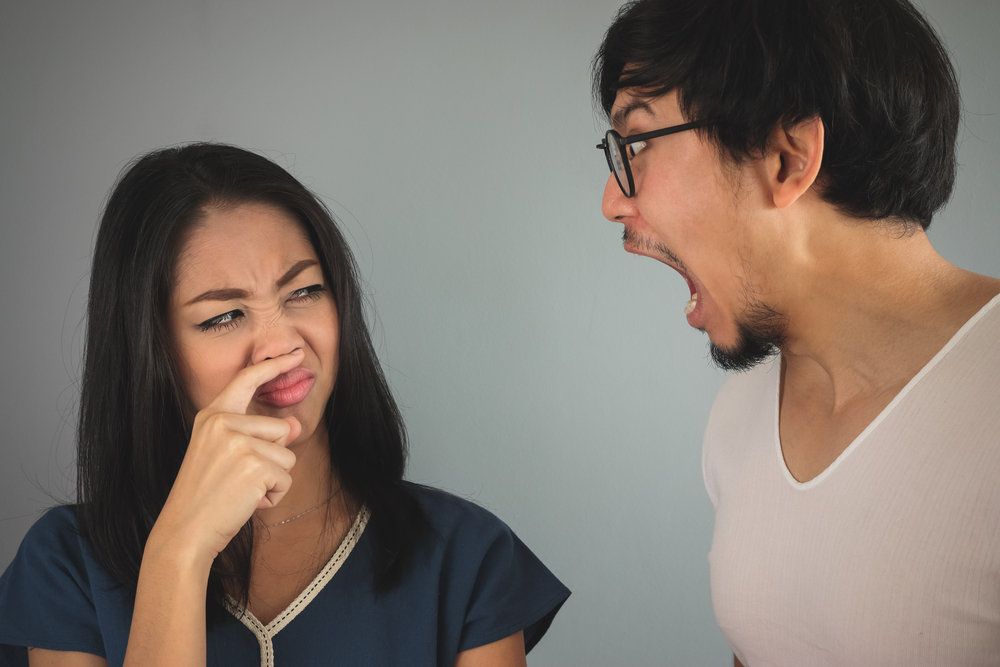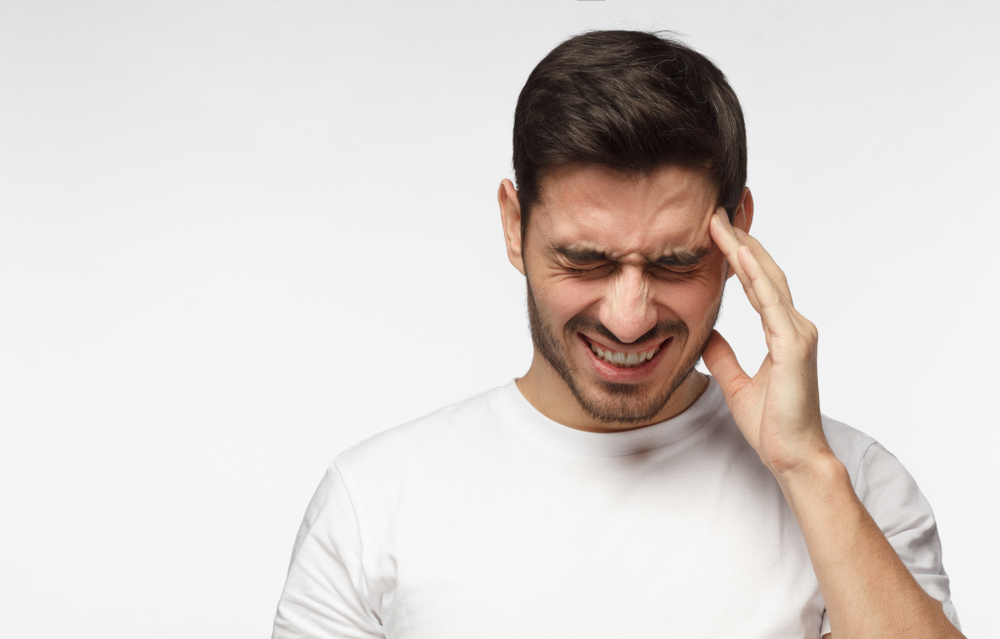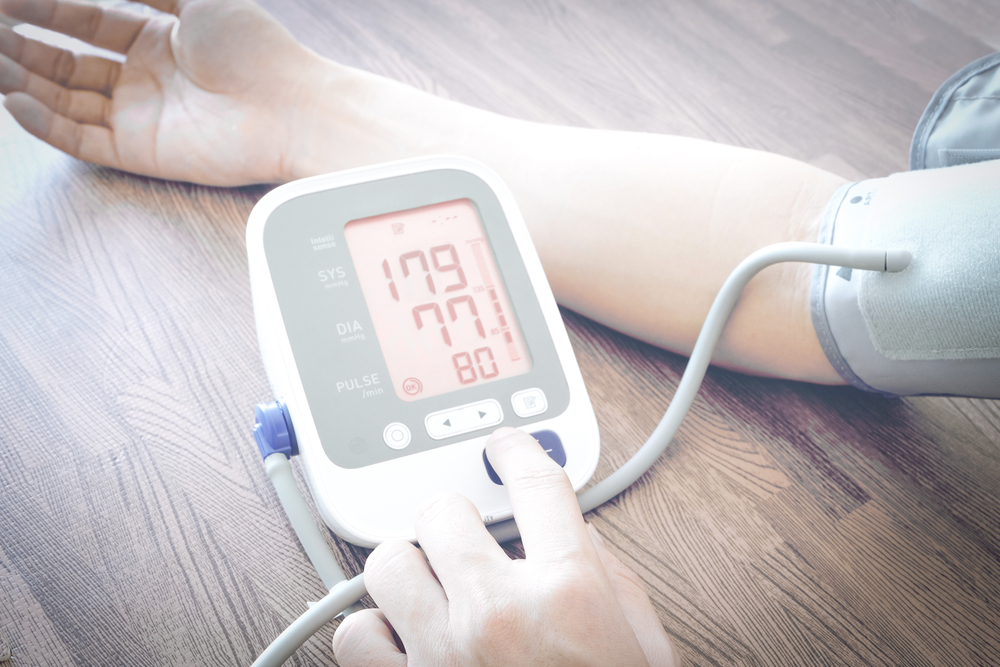Contents:
- Medical Video: Classical Music for Brain Power - Mozart
- How was this research conducted?
- What music is the most effective for helping epilepsy sufferers?
- Evidence of the benefits of Mozart's Sonata in D Major (K448) in epilepsy sufferers
- Music therapy is a promising therapy for epilepsy sufferers
Medical Video: Classical Music for Brain Power - Mozart
Recent research shows that someday, music therapy can help people with epilepsy.
This study was inspired by how the brain works in people with epilepsy and how your brain processes music occurs in the same area of the brain. About 80% of epileptic patients have epilepsy in the temporal lobe, which is also located in the auditory cortex, which functions to process the music you hear. Scientists from Ohio State University's Wexner Medical Center who researched this found that the brains of epilepsy reacted differently to music than people who did not suffer from epilepsy.
How was this research conducted?
Scientists see how different types of music are processed by the brain in people with epilepsy, and compared to silence. A total of 21 people with epilepsy from September 2012 to May 2014 participated in this study. Scientists use a tool called electroencephalogram, where there are electrodes installed on the scalp to detect and capture waves of activity in the brain. The scientists measured activity waves in the patient's brain in 3 phases. The first phase, the patient is in silence for 10 minutes, then followed by one of the following types of music: Mozart’s Sonata in D major, Andante Mobement II (K448), or My Favorite Things change to John Coltrane. In the second phase, the patient returns to silence for 10 minutes, then plays another song among the 3 songs mentioned earlier, but is different from what the patient has heard in the first phase. In the third phase, the patient returns to silence for 10 minutes. The sequence of tuning songs for patients varies, some start from Mozart's music in the first phase, but some start from John Coltrane's Music in the first phase.
And the result, no matter what type of music, epilepsy sufferers who listen to music have higher brain activity than those who don't listen to music. Activity waves in the brains of epilepsy sufferers tend to synchronize more with music (especially in the temporal lobe) compared to people who do not suffer from epilepsy.
What music is the most effective for helping epilepsy sufferers?
Scientists have found that no matter what type of music, brain activity always increases after epilepsy sufferers listen to music. However, which type of music is the most effective?
Until now, the type of music most often studied for people with epilepsy was Mozart’s Sonata in D major and K448 (or more commonly known as Mozart K448). This is more commonly known by the name the Mozart Effect. Term Mozart Effect this itself has already been put into use long before the latest research began, namely in 1993. The method carried out is more or less the same, namely to play this type of Mozart music for 10-15 minutes to people with epilepsy. As a result, epilepsy sufferers have the ability to do something better, such as cutting paper or folding paper.
Evidence of the benefits of Mozart's Sonata in D Major (K448) in epilepsy sufferers
Since 1993, many researchers and doctors have tried to apply Mozart's K448 music to epilepsy patients. The following includes:
- In 1998, scientists asked 29 people with epilepsy to listen to Mozart K448 music while installing a device electroencephalogram on their scalp. As a result, 23 of the 29 people who took the test had lower epileptic activity in their brains than before they listened to the music.
- In 2011, scientists played Mozart K448 music to 58 children in Taiwan. Of these 58 children, there are those who suffer from focal epilepsy (epilepsy that affects one part of the brain), and some suffer from generalized epilepsy (epilepsy which attacks all parts of the brain). With the same method using electroencephalogram, the results of the study showed that after listening to the music, epileptic activity in the brain in 47 of 58 children decreased. This epileptic activity continues to decrease as the music is played on these children.
- Back in Taiwan in 2011, 11 children with referral epilepsy (epilepsy that is very difficult to cure) were played with Mozart's music K448. These children have difficulty learning. Before being heard with this music, the number of epilepsy attacks in these children for 6 months was calculated. After that, these children were played with Mozart K448 music once a day before they slept for 6 months. As a result, 8 of the 11 children did not get epilepsy, or had a much milder attack, in the months they listened to the music.
- 73 adults and children with referral epilepsy in the United States played Mozart K448 music while they slept. 73 of these people were categorized into 2 groups, the first group was the group that was played Mozart K448 music while they slept, and the second group was not played music. As a result, 80% of people in the first group got a lighter attack, and 24% of them were free from epilepsy.
Indeed, so far, research has focused more on the Mozart K448, but not necessarily other music cannot help. As with the most recent research, even with other music, there is progress in brain wave activity in people with epilepsy. Everyone responds to music in different ways. Therefore, try experimenting with various types of music, and keep in mind what effect it has on you.
Music therapy is a promising therapy for epilepsy sufferers
Research is still needed to really prove that music can be an alternative therapy for epilepsy patients. Scientists believe that music therapy is a promising therapy to help epilepsy patients. Until now, indeed music therapy has not been used to replace the therapies currently used for epilepsy sufferers. And indeed, the purpose of this music therapy is not to replace existing therapies. However, this music therapy can be a method combined with existing therapies to help cope with epilepsy.
READ ALSO:
- Music Therapy: Alternative Treatment for Cancer Patients
- Benefits of Listening to Music While Pregnant for Mothers and Babies
- Effects of Various Music Genres on Our Mood












